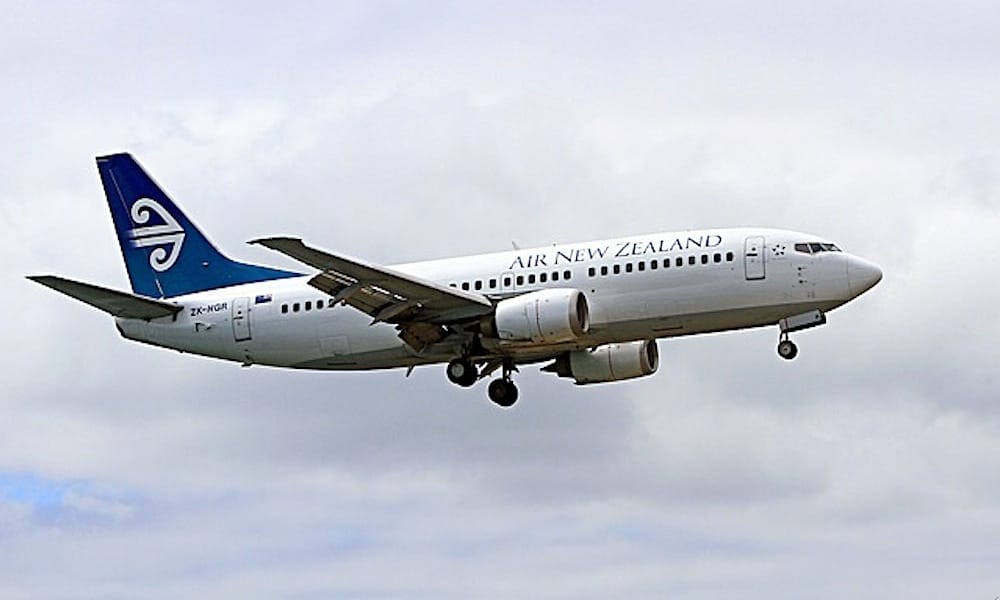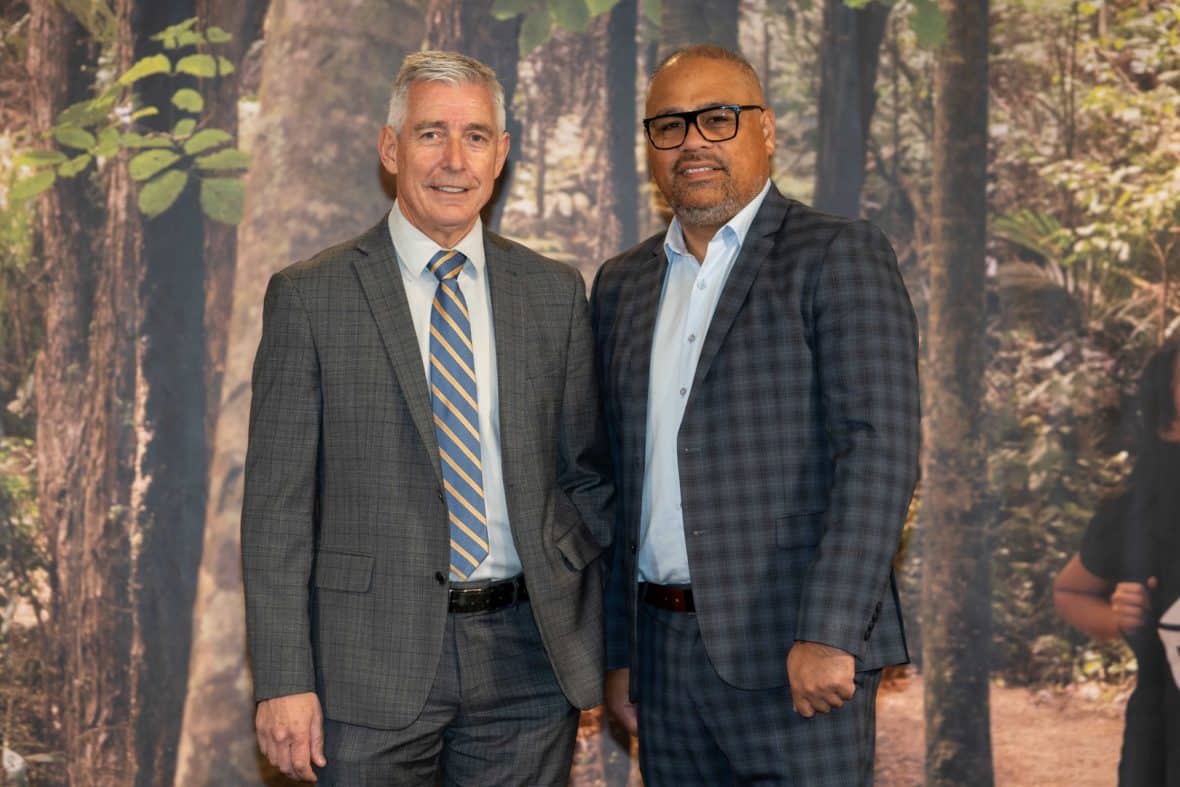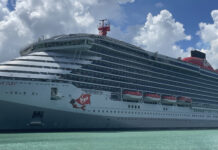
Air New Zealand and the New Zealand Government have announced a $2m+ investment in next phase studies to consider the feasibility of producing sustainable aviation fuel (SAF) in New Zealand.
The announcement, including a commitment of more than $1.5m from Air New Zealand and $765,000 from the Government, was made at the launch of the draft Tourism Environment Action Plan, hosted by Air New Zealand and attended by the country’s Minister of Tourism, Hon Peeni Henare.

SAF is fuel made from waste feedstocks, like forestry residues, municipal waste, or used cooking oils, and can be ‘dropped in’ to existing refueling systems for current aircraft without any modification. The inputs and processes used to make SAF result in significantly lower lifecycle greenhouse gas emissions than fossil jet fuel.
The airline, along with Government officials, evaluated proposals from multiple international SAF producers to understand what technologies are available globally and how these could be transposed into the New Zealand context.
Moving into phase two, the working group is progressing two proposals: one with LanzaJet and another with Fulcrum BioEnergy, both US-based. The next phase will further evaluate the technical, economic, supply chain, and environmental feasibility of establishing and operating a SAF production facility in New Zealand.
Air New Zealand Chief Sustainability Officer Kiri Hannifin said the airline is grateful for the support from the Government to progress work considering the viability of SAF production in New Zealand.
“Our climate is worsening at a rate far faster than predicted. We all need to take immediate and drastic action to protect what we love, including our land, and all that depends on her.
“So much of what we rely on in Aotearoa [New Zealand] is based on our magnificent natural assets including tourism and food production. Air New Zealand has a significant role to play in transitioning our economy to a lower carbon future and flying with SAF is a key part of this transition.
“Globally, SAF is in very high demand but limited supply. Commercially producing SAF in New Zealand would not only help lower the country’s emissions while creating jobs, regional economic development, and Māori and Iwi investment opportunities, but also provide energy security and energy independence which is something New Zealand doesn’t have.”
The second stage of the SAF feasibility work will continue through to early 2024.




